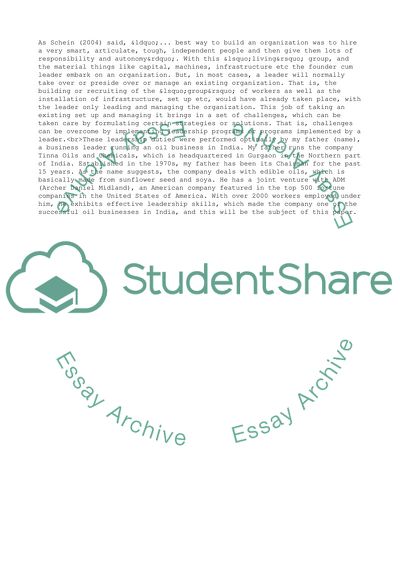Cite this document
(“Management: Leadership and Ethics Research Paper”, n.d.)
Management: Leadership and Ethics Research Paper. Retrieved from https://studentshare.org/management/1734010-management-leadership-and-ethics
Management: Leadership and Ethics Research Paper. Retrieved from https://studentshare.org/management/1734010-management-leadership-and-ethics
(Management: Leadership and Ethics Research Paper)
Management: Leadership and Ethics Research Paper. https://studentshare.org/management/1734010-management-leadership-and-ethics.
Management: Leadership and Ethics Research Paper. https://studentshare.org/management/1734010-management-leadership-and-ethics.
“Management: Leadership and Ethics Research Paper”, n.d. https://studentshare.org/management/1734010-management-leadership-and-ethics.


